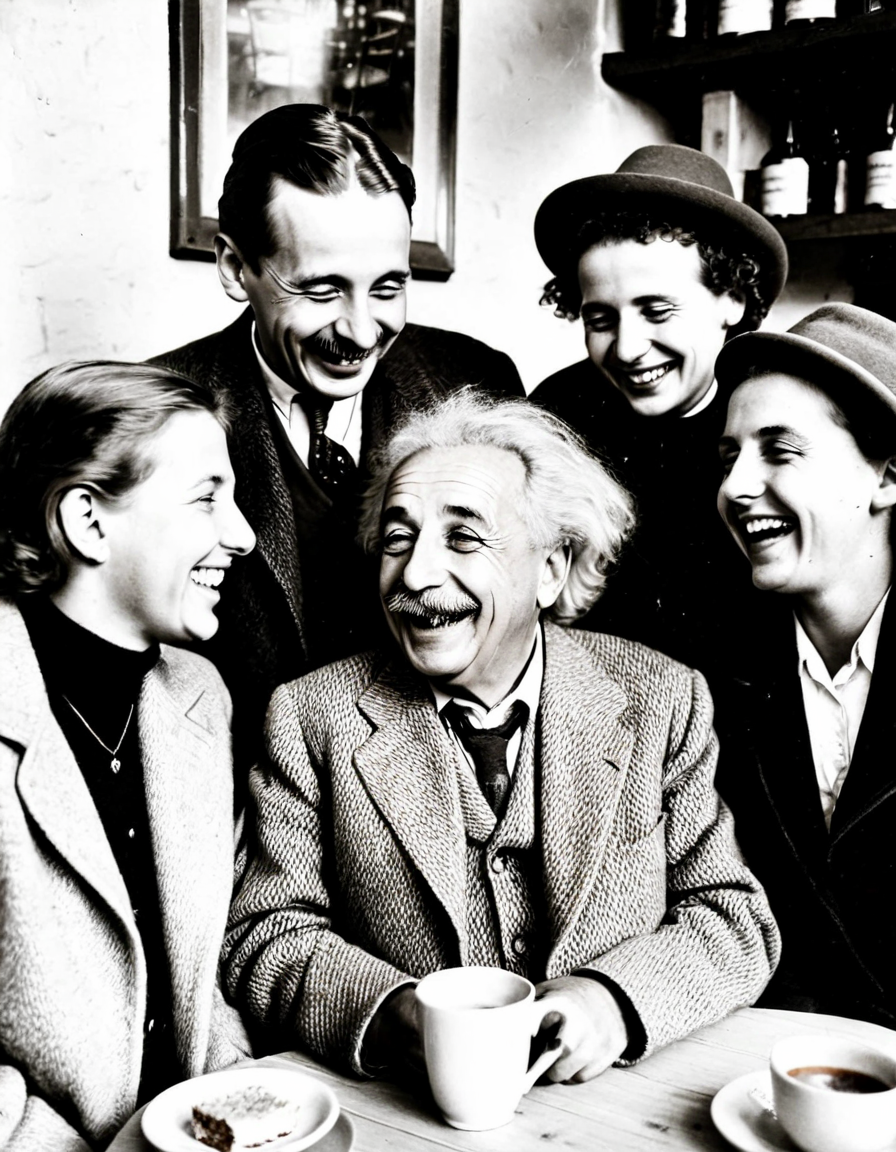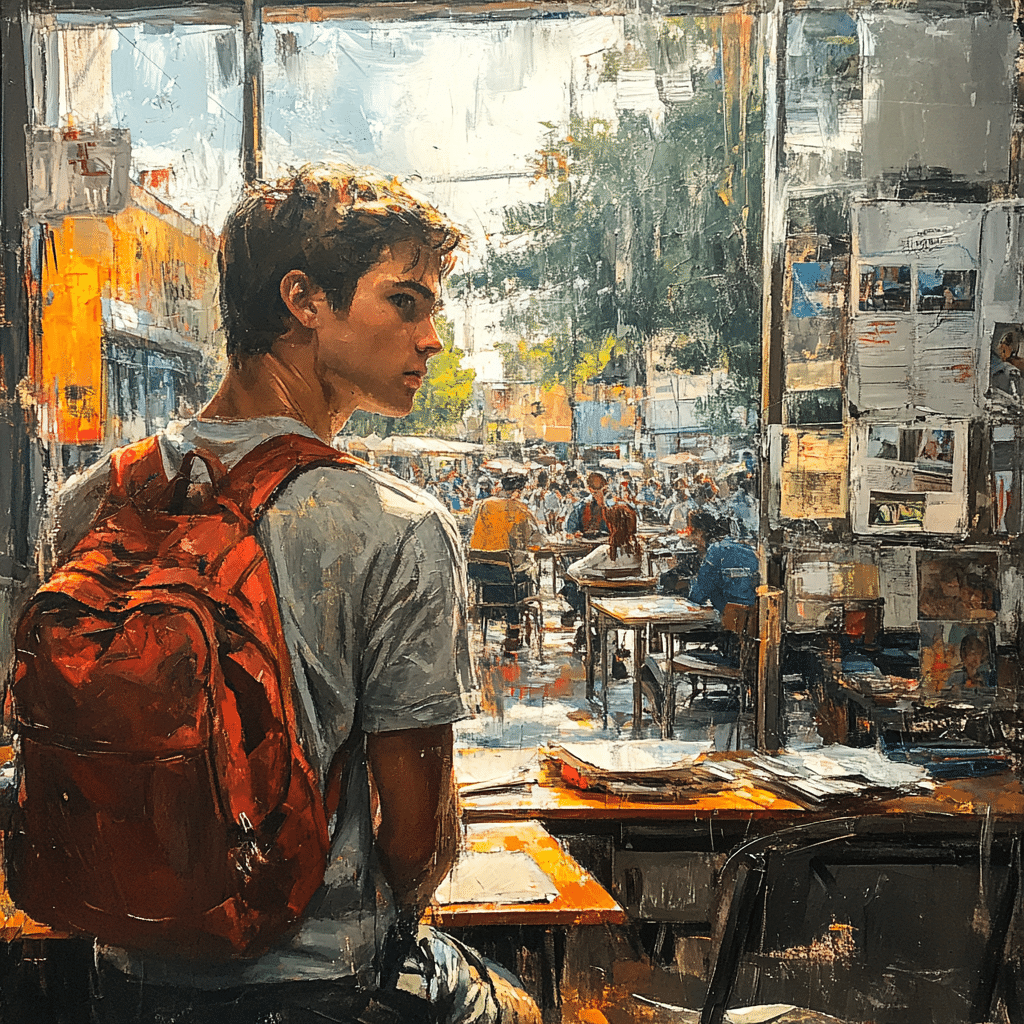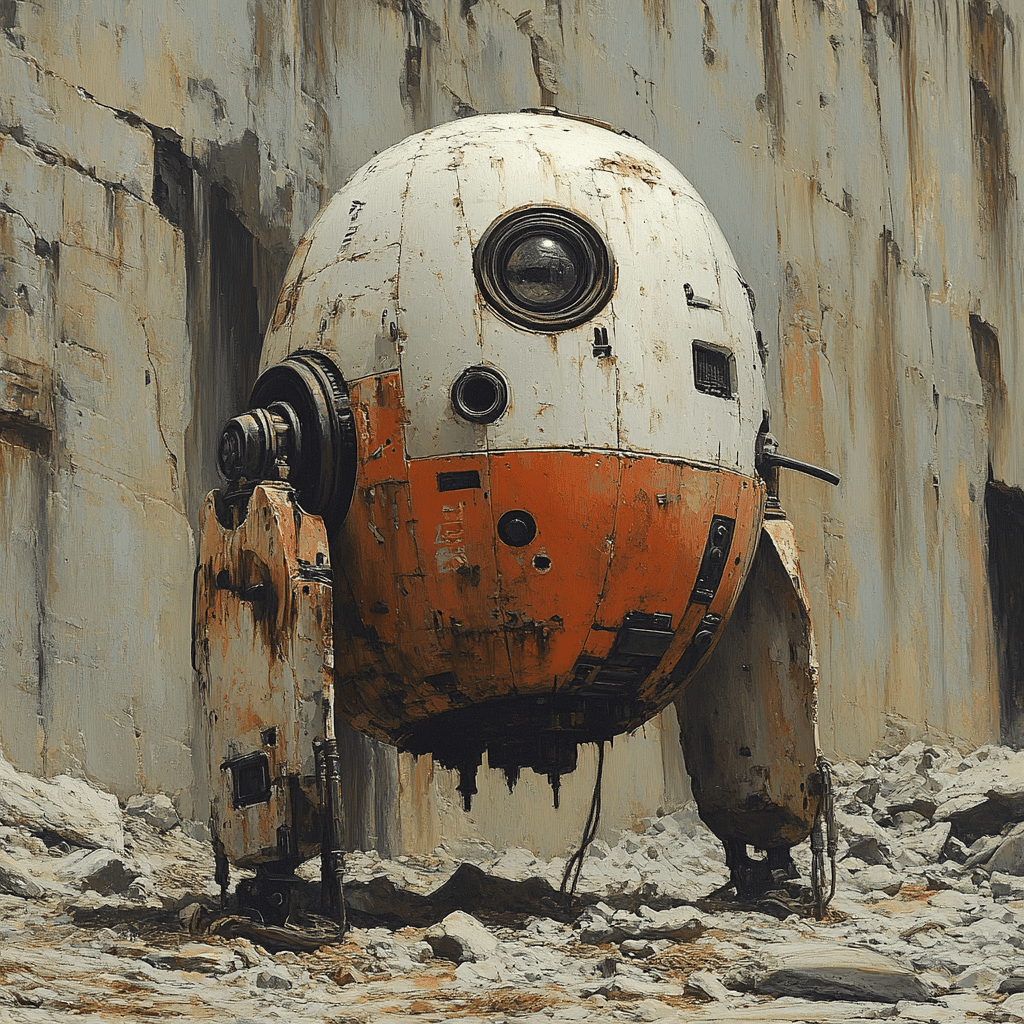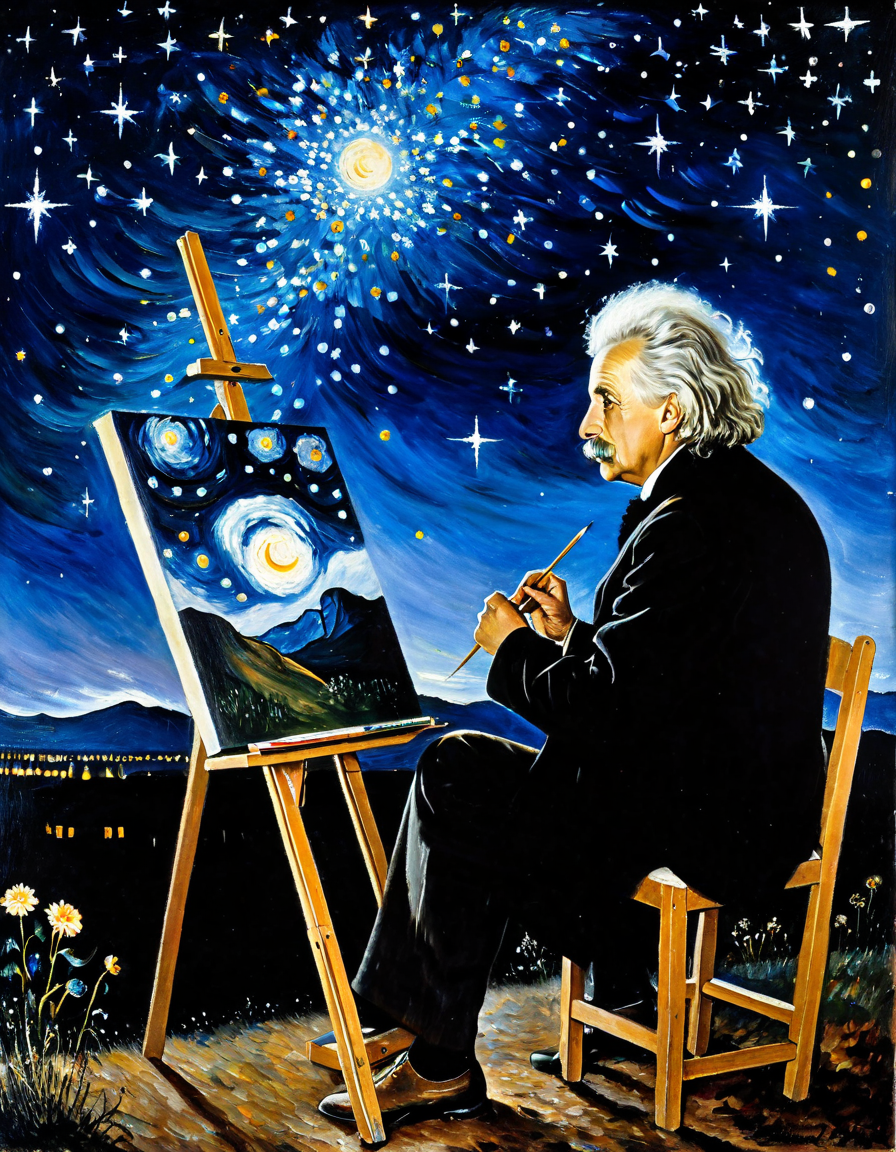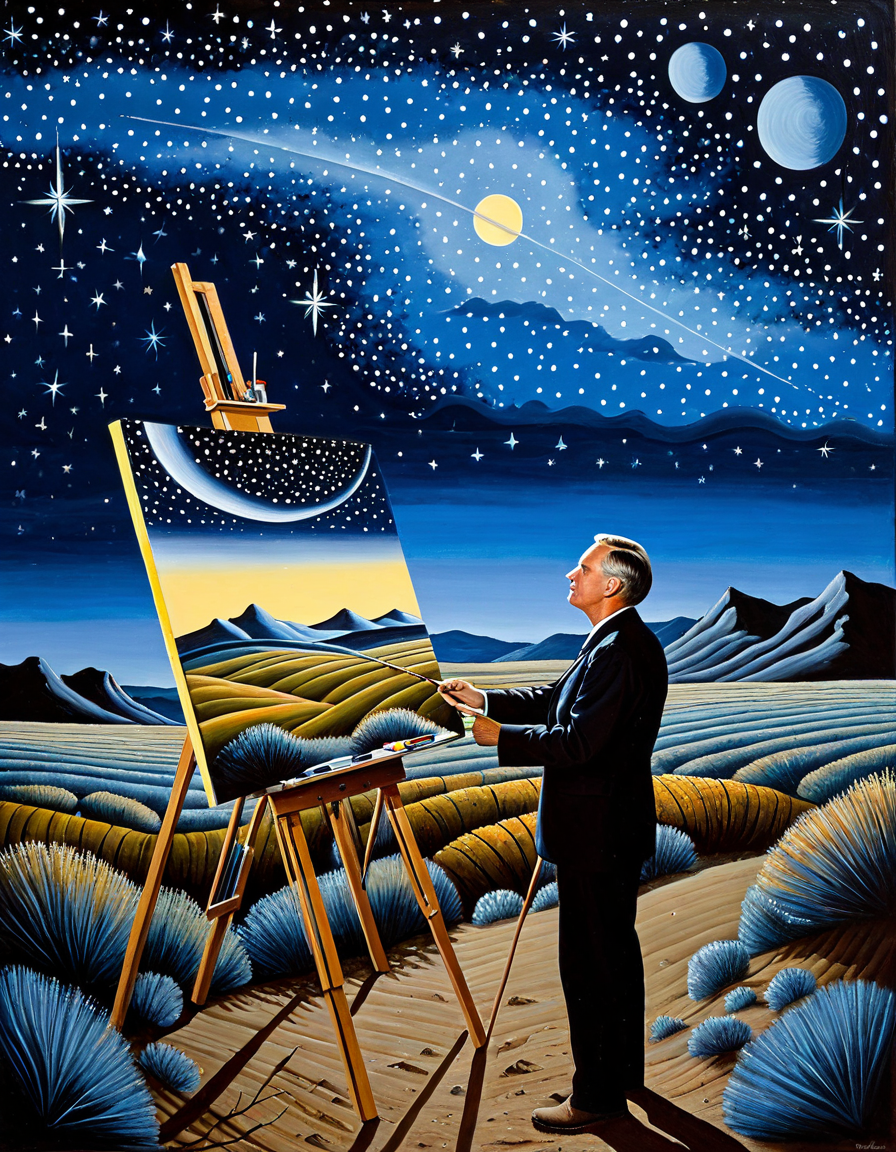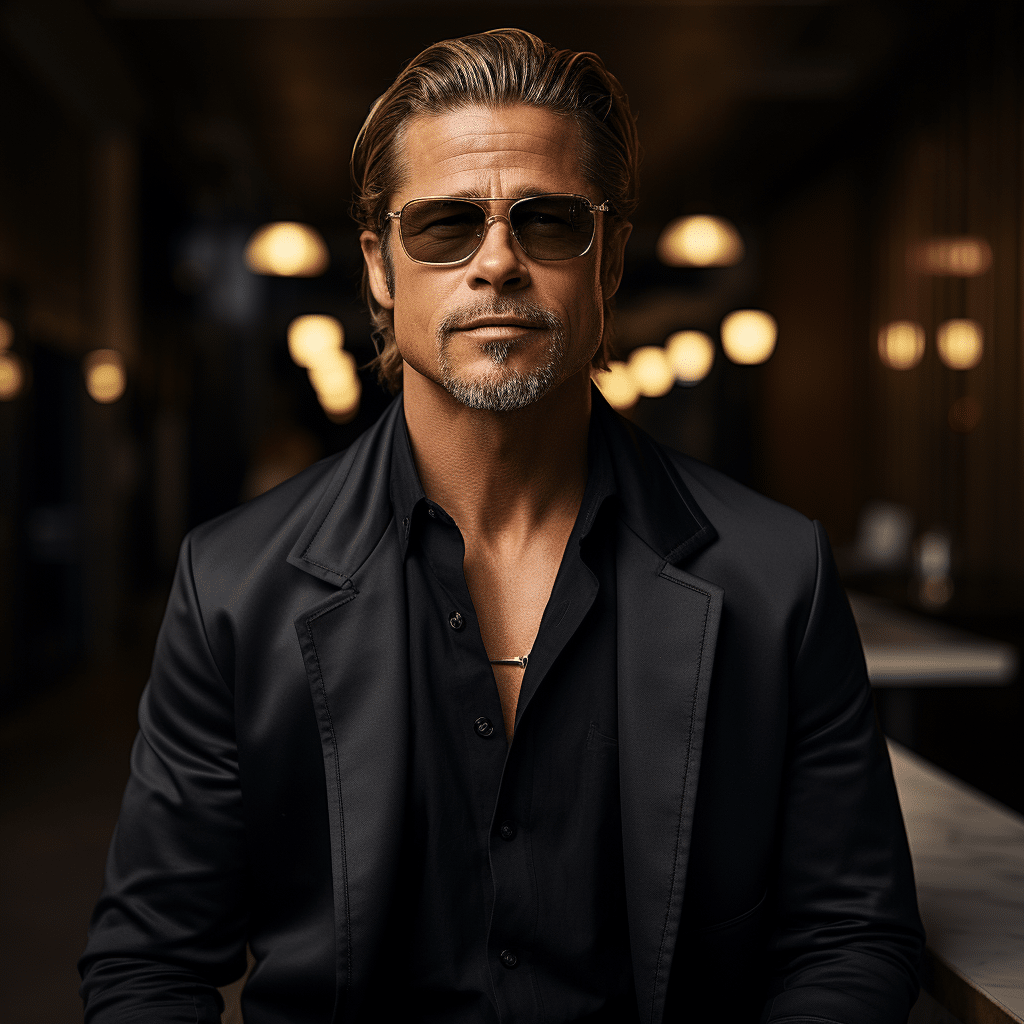Eduard Einstein, the often overlooked son of the legendary physicist Albert Einstein, has a story that’s as compelling as it is tragic. Born in 1910, Eduard’s life played out against the backdrop of a scientific dynasty, forged by his father’s groundbreaking work. Despite being raised in an environment brimming with intellectual brilliance, Eduard carved out his own unique path—one riddled with challenges and complexities. So grab a drink and settle in, because we’re digging deep into the life and legacy of Eduard Einstein, and exploring the ways he mirrors many ambitious figures today.
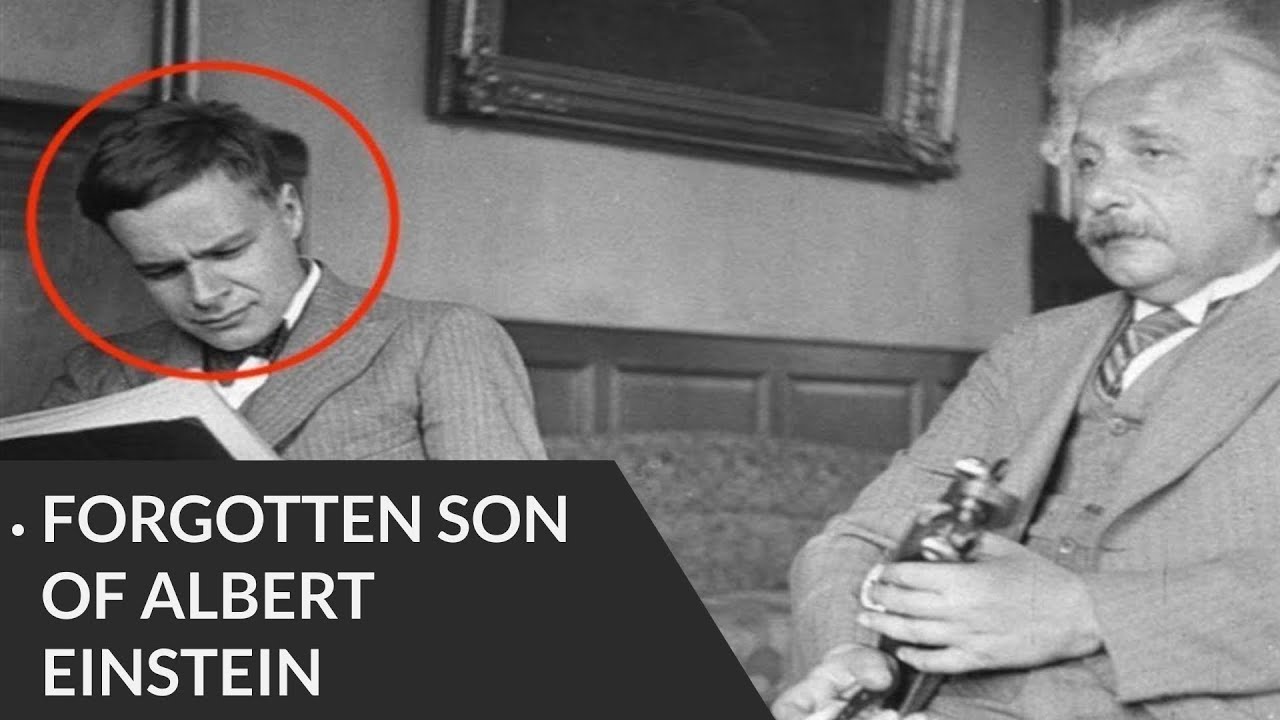
The Early Years of Eduard Einstein
Eduard Einstein’s childhood was anything but typical. He was born into a family where scientific dialogue was part of the daily grind. With a genius for a father, Eduard absorbed the vibrancy of his father’s thoughts from a young age. Imagine growing up with bedtime stories that include theories on relativity instead of fairy tales; that’s Eduard’s reality. His mother, Mileva Marić, also played a vital role in shaping his educational pursuits. She was a mathematician herself, bringing a balance of creative and analytical wisdom to Eduard’s upbringing.
Growing up in Zurich, Eduard’s home was a haven for intellect. Picture dinner conversations filled with debates on quantum mechanics and the philosophy of science. There’s a famous anecdote where little Eduard once asked his father a million questions about the universe—questions that could leave most adults scratching their heads. It’s clear that the apple didn’t fall far from the tree, but being the genius son of a genius father comes with its own set of challenges.
Interestingly, the bond between Eduard and Albert wasn’t just confined to academics. They shared a passion for music, which served as a gentle escape from the burdens of genius. Eduard played the piano, and you could almost sense how these moments offered a respite from the weight of expectations. The early years were colorful, filled with both flashes of brilliance and shadows of familial pressure that would loom over Eduard for the rest of his life.
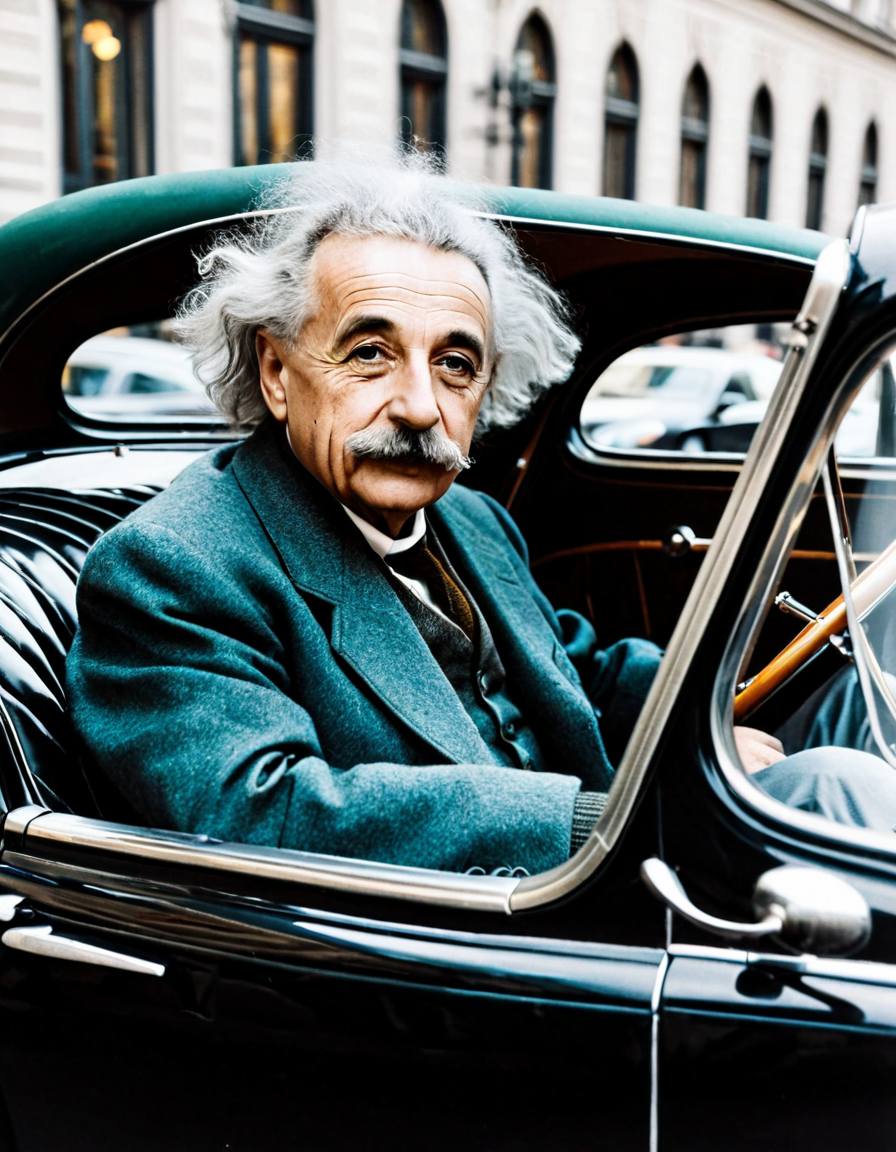
Eduard Einstein and Mental Health Struggles
Sadly, Eduard’s journey wasn’t just about academic prowess; it also featured profound battles with mental health. In his twenties, he was diagnosed with schizophrenia. This diagnosis not only impacted his academic aspirations but also turned his life into a wild ride through a maze of emotional and psychological challenges. The stigma surrounding mental health, particularly in academia, remains a hot topic today—a conversation that Eduard’s life could still help illuminate.
Imagine the pressure he must have felt. Not just being Albert Einstein’s son, but trying to navigate his own identity amidst his mental health struggles. His story reminds us of modern discussions surrounding mental health awareness—much like how conversations regarding athletes like Brian Nichols bring to light the societal pressures on those in the public eye. Eduard’s experiences shed light on the importance of acknowledging mental health issues, especially in highly competitive environments.
There were times when he found comfort in literature and philosophy, hoping to carve out his own niche despite the debilitating constraints of his illness. Eduard’s challenges spotlight essential lessons about resilience and openness, making it crucial for us today to break the stigma and foster a world where mental well-being is part of the conversation.
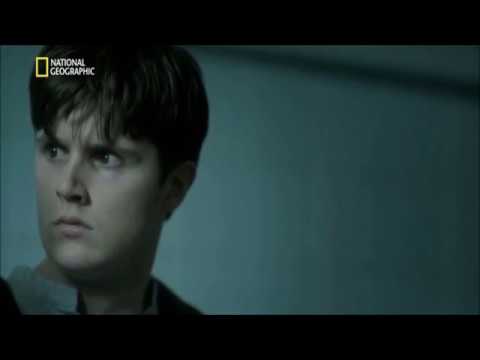
The Impact of Eduard Einstein on Science and Philosophy
Although overshadowed by his father’s colossal legacy, Eduard Einstein made some contributions to the fields of science and philosophy. His work focused primarily on the intersection of psychology and physics—a unique niche that set him apart from his contemporaries. While he didn’t enjoy the same fame as thinkers like Andrew Dawson, who blended philosophy and science, Eduard sought to explore the depths of human thought in a manner akin to the philosophical inquiries of the post-World War II era.
Eduard pursued doctorate studies in psychology, attempting to lend his voice to a discipline that was just beginning to recognize its significance alongside traditional sciences. Imagine the excitement he felt as he participated in academic discussions. His ideas, albeit less recognized, enriched currents of thought and inspired future generations of thinkers who would explore the complexities of the human condition and the cosmos.
In the years that followed, Eduard’s insights became a source of inspiration for kindred spirits searching for connections between science and the humanities. He became a footnote in history, but a significant one nonetheless—much like the influences of other intellectuals who have shaped modern thought. In the grand tapestry of science and philosophy, Eduard Einstein threaded his unique perspective, which still resonates today.
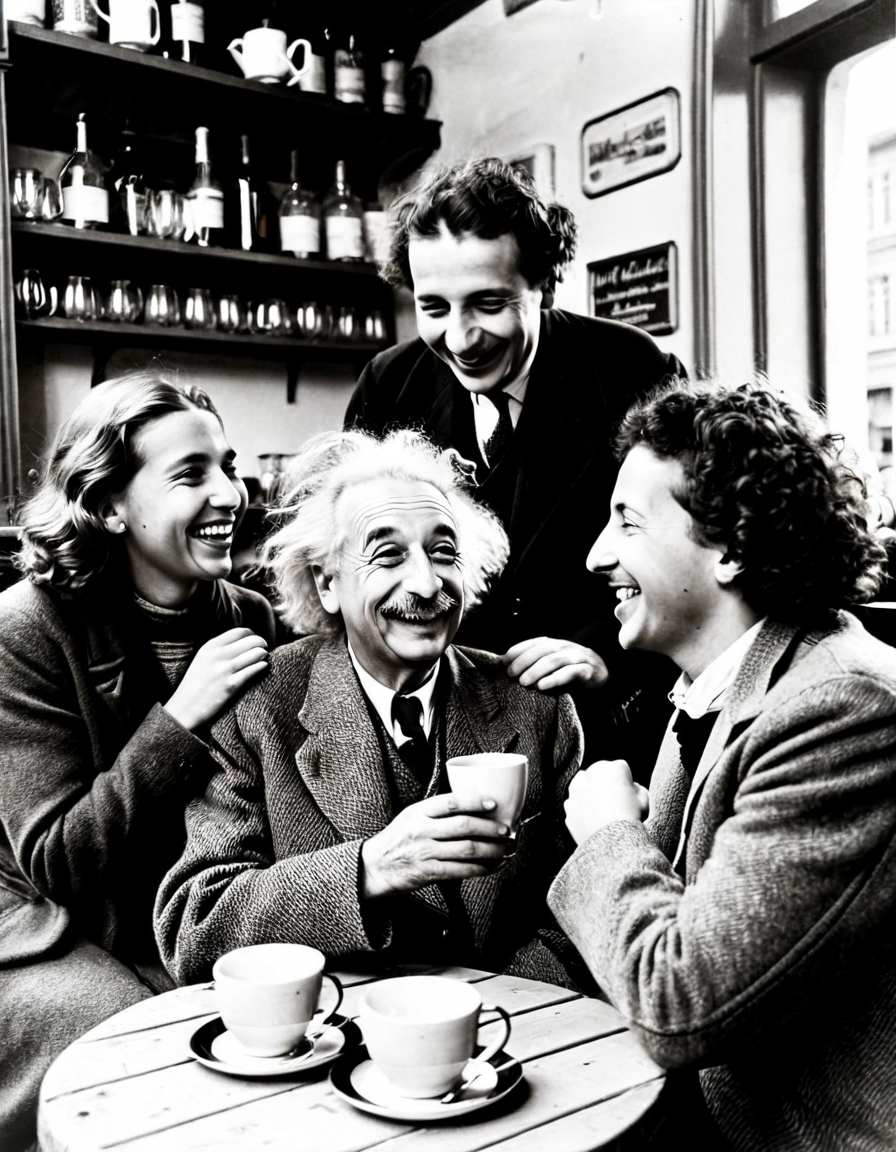
Eduard Einstein in the Shadow of Fame
Living in the shadow of a monumental figure like Albert Einstein comes with heavy expectations. Eduard struggled with the intense pressure to succeed, which can be likened to the trajectories of many public figures, like Wade Phillips, who carry their family legacies on their shoulders. This burden can warp a person’s self-perception and lead to anxiety, a reality that Eduard encountered throughout his life.
He often spoke about the lurking fear of failing to meet both societal and familial expectations. It’s a relatable struggle for any ambitious man out there—constantly wondering if you can rise to the occasion, especially when your dad’s Einstein. Some sought solace in mentorship or friendships. Eduard was no exception, as he found camaraderie with peers who shared his beliefs and aspirations. These relationships were crucial for maintaining a sense of identity in a world that often defined him by his lineage.
The duality of fame and isolation is something many can relate to. As Eduard grappled with the expectations placed on him, he navigated through relationships that were laden with both support and pressure. Just like sports figures like Rick Barnes, who deal with high-stakes pressure, Eduard’s journey showcases the grueling yet critical balance of personal ambition and inherited fame.
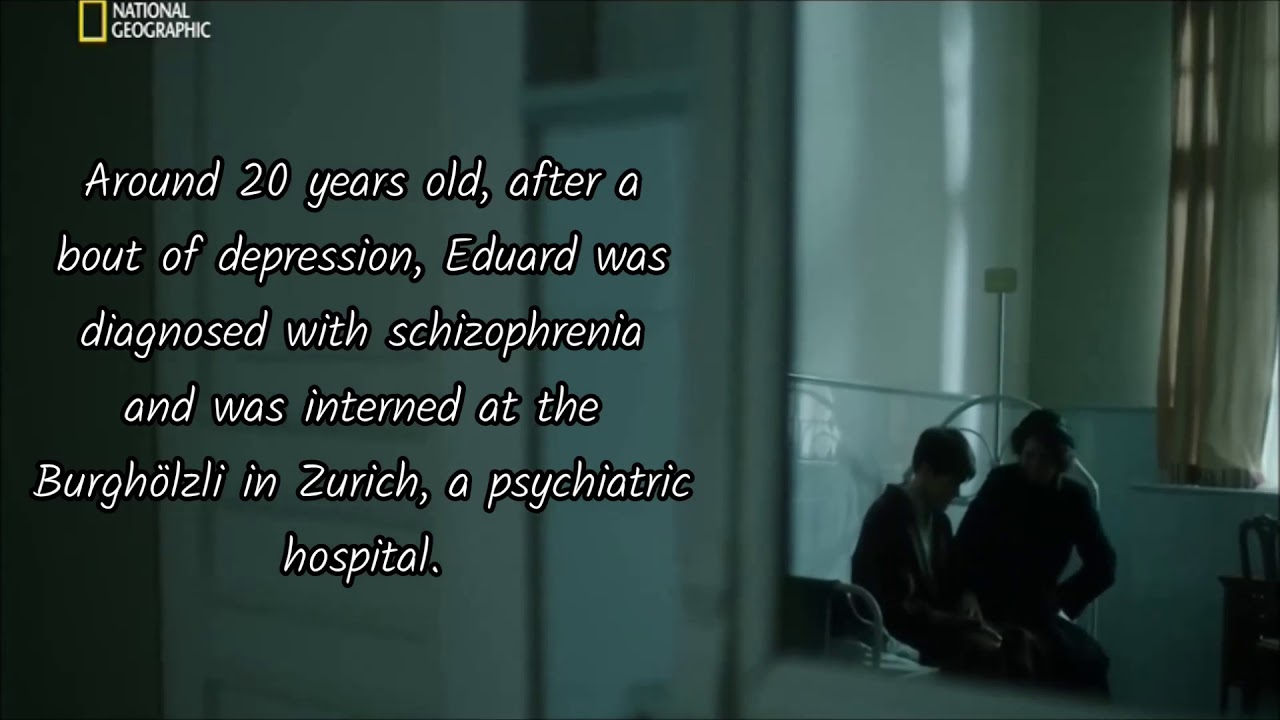
Eduard Einstein’s Relationships and Social Circle
Eduard Einstein’s friendships were a mixed bag of influence and support. His social circle included many influential figures, each bringing unique perspectives that shaped his understanding of the world. Just as Sean Higgins forged creative partnerships in various artistic endeavors, Eduard surrounded himself with thinkers and friends who challenged him intellectually and emotionally.
He had friendships with contemporaries who shared interests in philosophy and psychology, helping him navigate his personal struggles. These relationships significantly contributed to Eduard’s understanding of his own mind and the minds of others. In these discussions, Eduard often found not only the intellectual stimulation he craved but also a sense of community and belonging.
One standout relationship was with fellow students and thinkers who, like Eduard, sought meaning beyond the academic realm. These dynamic conversations offered him a sense of connection and strength during moments when he was battling his mental health challenges. Much like the community that forms around someone like Dave Register, whose narrative reflects teamwork and mentorship, Eduard’s connections spoke to the shared experience of grappling with one’s identity—one that transcends the spotlight.
Cultural Reflection: Eduard Einstein in Popular Media
Eduard Einstein’s life has found its way into various media portrayals, offering glimpses into the challenges he faced as the genius son of a famous figure. From documentaries to fictional adaptations, these portrayals often draw parallels between Eduard and other well-known personalities, such as Charles Lee Ray, who embody the complexities of their backgrounds. It’s fascinating how modern narratives continue to explore the notion of legacy through these lenses.
Creators like Paul Ferguson have contributed to the narrative surrounding Eduard’s life, tackling the unique challenges he faced as a child of a prodigy. This adds layers to the understanding of what it meant to be in the Einstein family. As audiences engage with these portrayals, connections are drawn—not only to the frustrations and aspirations of Eduard but also to the universal struggles of self-identity amidst familial legacies.
The rich tapestry of Eduard’s life in popular media highlights ongoing discussions surrounding mental health and academic burdens, resonating with many who enjoy stories of resilience. As viewers engage with these narratives, they’re reminded of the delicate dance between genius and fragility—a dance that has captivated audiences through time, making Eduard’s story just as relevant now as ever.
The Legacy of Eduard Einstein: Lessons for Future Generations
Eduard Einstein’s life offers crucial lessons on resilience, understanding, and empathy in the face of adversity. As we dissect his story, we recognize that the journey towards self-discovery can be fraught with challenges, yet each obstacle presents an opportunity for growth. Eduard’s struggles remind us of the importance of approaching mental health with compassion—much like the efforts seen in social reform through narratives similar to Matthew Muller’s.
The reality is that Eduard’s legacy extends beyond his lineage. It serves as an impetus for renewed conversations around mental health, advocacy, and the challenges faced by children of public figures. As we consider the lessons learned from Eduard’s journey, it’s essential for contemporary society to continue destigmatizing these discussions, fostering an understanding that transcends mere recognition of challenges.
In a fast-paced world that often prizes success above all else, Eduard’s life story is a reminder to future generations that resilience is an integral part of the journey. Continuing to share narratives like Eduard’s can inspire individuals to embrace vulnerability and to seek support, reinforcing the idea that true strength lies in recognizing our struggles.
Wrap-Up: Reflecting on Eduard Einstein’s Role in Science and Legacy
Eduard Einstein’s contribution to science, however overshadowed, holds significance that should not be overlooked. His journey through adversity and intellectual pursuit shapes a narrative that is just as critical in the grand narrative of history as that of his father, Albert. Ongoing research and discussions surrounding Eduard offer the potential for renewed interest and respect for his unique contributions as we understand the undercurrents that shape scientific legacy.
As we turn the lens towards the personal narratives behind great thinkers, we see the human side of the genius. Just like the stories connected with projects such as the Rushmore Camera, the essence of understanding who Eduard Einstein was expands not merely into his scholarly contributions but into the very fabric of who he was as a person.
Acknowledging Eduard’s journey enriches our understanding of both the man and the legacy he left behind, one that resonates with tales of ambition, mental health, and the universal struggle for identity. So next time you hear the name Einstein, remember to look beyond the surface and celebrate Eduard’s unique role in this fascinating story.
Eduard Einstein: Fascinating Trivia About a Genius Son
The Family Legacy
Eduard Einstein, often overshadowed by his father, the brilliant physicist Albert Einstein, had a life full of intriguing details. Born in 1910, Eduard faced challenges early on, especially with his health. Interestingly, his mental health struggles led him to spend his later years in a psychiatric hospital, but he never lost the connection to his family’s legacy. His mother, Mileva Marić, was also an accomplished physicist, showing that intelligence truly ran in the family. Much like how the parallel axis theorem demonstrates the balance of forces, Eduard’s life highlights the balance between brilliance and personal difficulty.
A Son’s Journey
Growing up with a father like Albert Einstein must have been a whirlwind! Eduard had an unusual bond with his dad, who often shared insights from his groundbreaking scientific work. Despite his impressive lineage, Eduard sought his path, engaging in literature and even delving into psychoanalysis. It’s fascinating to note that Eduard had aspirations that diverged from his father’s scientific shadow. His story is a reminder that every individual can blossom in their unique way, akin to how diverse nutrafol ingredients contribute to hair health, rather than following a single template.
A Touch of Humor
Eduard’s life also intersected with culture and entertainment. Can you imagine if he had been cast in a whimsical movie like The Adventures of Elmo in Grouchland? While dreams of such possibilities may never have crossed Eduard’s mind, his academic pursuits were serious. In a fun twist, speaking of humor, did you know that Steve Carell is Jewish? Unlike Eduard, who navigated the scientific world with depth, Carell’s comedic flair offers a lighter perspective on the experience of struggle and success.
So there you have it—Eduard Einstein’s life wasn’t just about being the son of a genius. His journey is full of ups, downs, and plenty of quirks that make him an intriguing figure on his own. And just as those killer whales in Florida showcase the beauty of individuality in nature, Eduard’s story serves as a reminder to embrace our unique journeys, no matter where they lead us.
